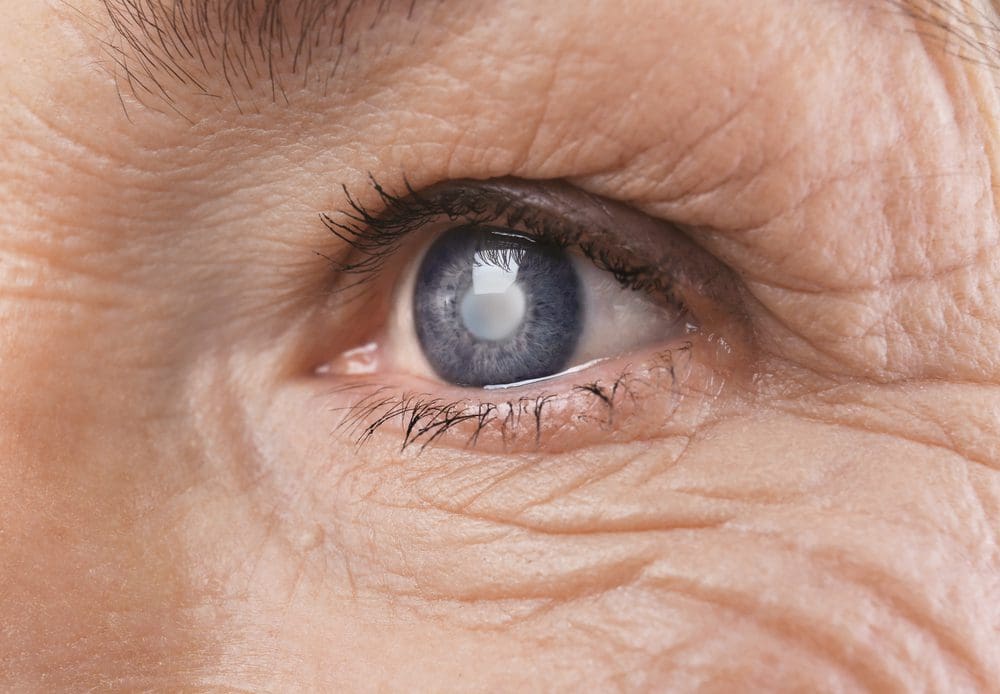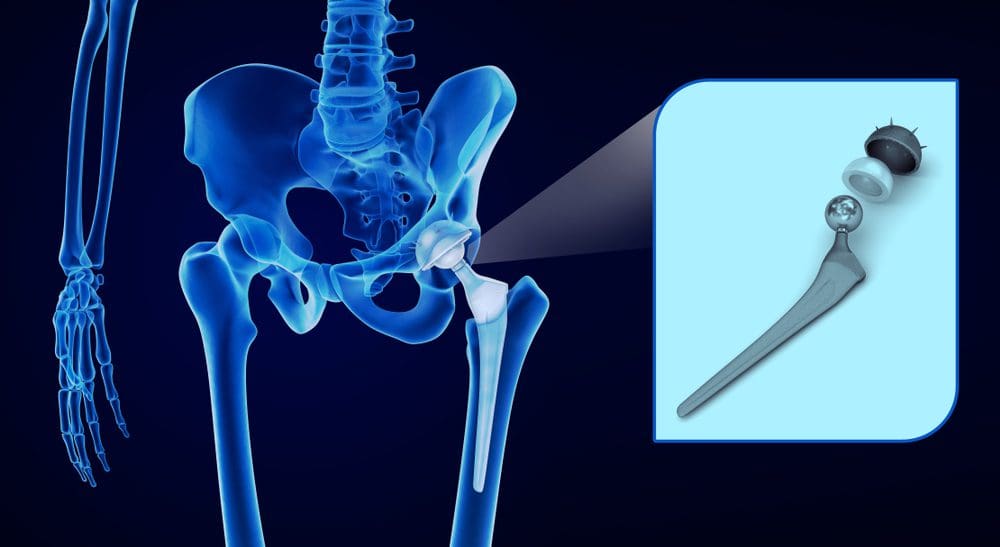
For millions of Britons over 50, the healthcare landscape they once knew is shifting beneath their feet. Artificial intelligence or AI, once the stuff of science fiction, is now quietly at work behind hospital doors and GP screens—spotting early signs of disease, predicting flare-ups before symptoms strike, and helping people recover in the comfort of their own homes. The promise of these AI health benefits is immense: faster diagnoses, more personalised care, and a healthcare system better able to keep pace with an ageing population. Yet, as with all revolutions, this one brings both opportunity and challenge—and its impact on later-life health in the UK is only beginning to unfold.
This article explores the potential AI health benefits for improving the health and well-being of individuals over 50 in the United Kingdom. It examines how AI-driven technologies can address age-related health challenges, promote preventative care, and enhance the overall quality of life for this demographic.
Why Potential AI Health Benefits Matter
The UK’s population is ageing, with a significant proportion now over the age of 50. England alone has over 21 million people over the age of 50. This figure represents 38% of the population and is growing!
According to the British Medical Association, planned care waiting lists remain in the millions, recent analysis puts this at almost 7.36 million cases.
The over 50s face unique health challenges, including increased risk of chronic diseases, age-related cognitive decline, and mobility issues. AI offers a powerful set of tools to address these challenges and improve the health and well-being of older adults.
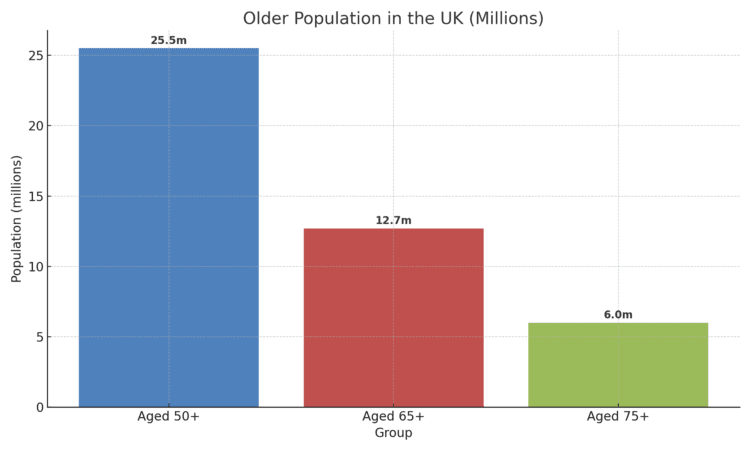
Key AI Health Benefits for the Over 50s
The chart below summarises 8 key AI health benefits for the over 50s.
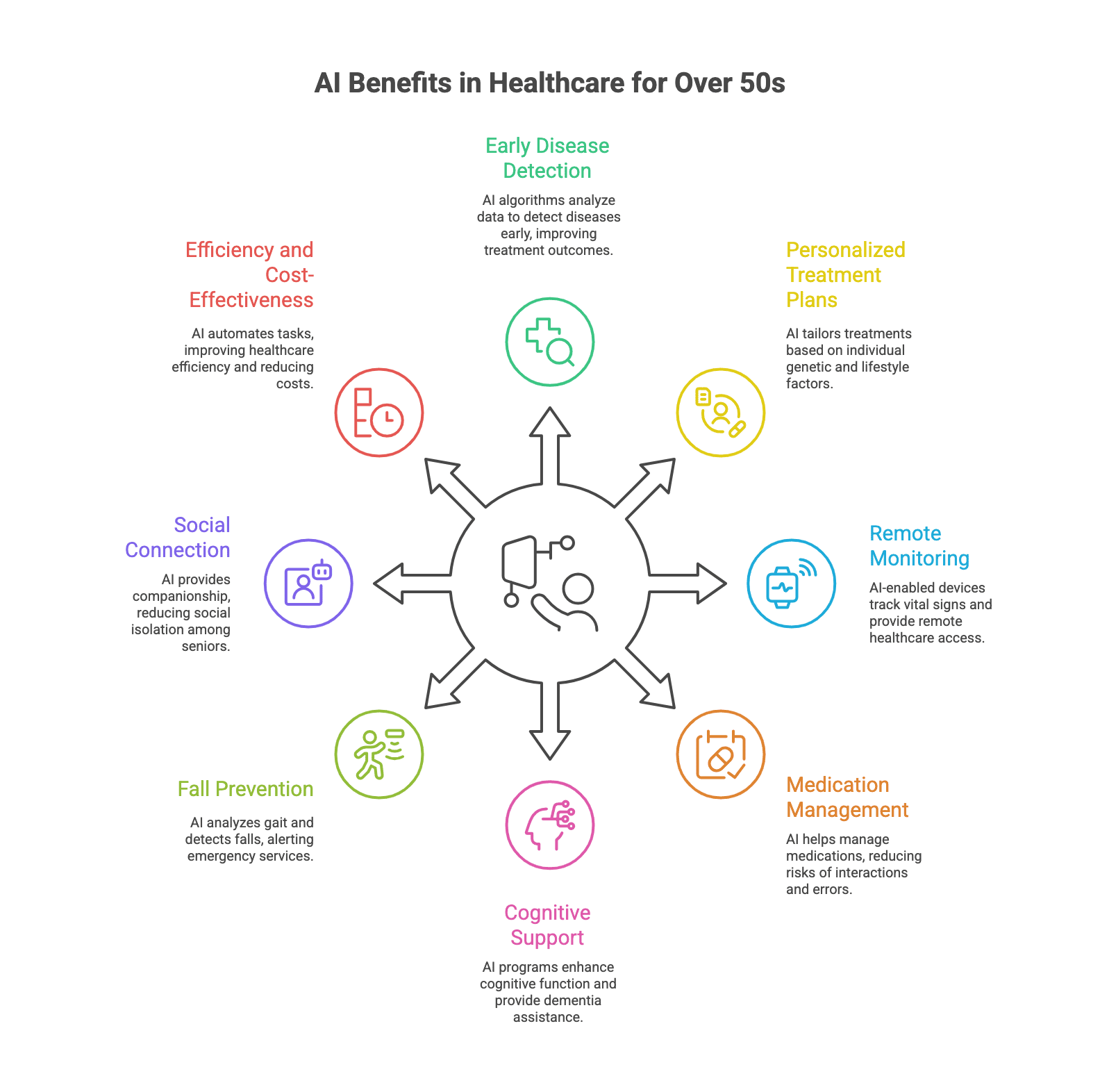
1. Early Disease Detection and Diagnosis
AI algorithms can analyse vast amounts of medical data, including imaging scans, blood tests, and patient history, to identify patterns and anomalies that may indicate the early stages of diseases such as cancer, Alzheimer’s disease, and cardiovascular conditions. Early detection allows for timely intervention and treatment, potentially improving outcomes and extending lifespan.
-
Example: AI-powered image analysis can detect subtle changes in mammograms that might be missed by human radiologists, leading to earlier breast cancer diagnosis.
2. Personalised Treatment Plans
AI can personalise treatment plans based on an individual’s genetic makeup, lifestyle, and medical history. This approach ensures that patients receive the most effective and targeted therapies, minimising side effects and maximising positive outcomes.
-
Example: AI can analyse a patient’s response to different medications and adjust dosages accordingly, optimising treatment for conditions like diabetes or hypertension.
3. Remote Monitoring and Telehealth
AI-enabled remote monitoring devices, such as wearable sensors and smart home systems, can track vital signs, activity levels, and sleep patterns. This data can be transmitted to healthcare providers, allowing them to monitor patients remotely and intervene proactively if any health issues arise. Telehealth platforms powered by AI can also provide virtual consultations, reducing the need for in-person visits and improving access to care, especially for those living in rural areas or with mobility limitations.
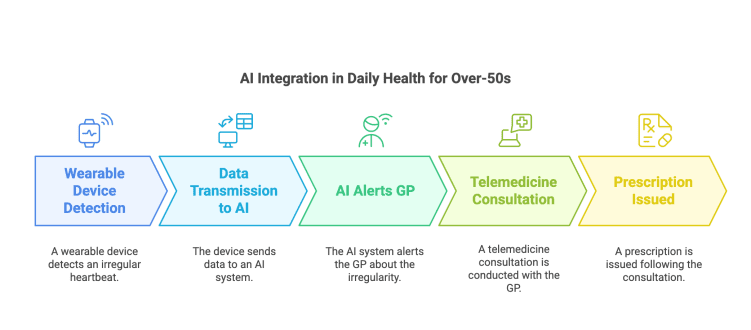
-
Example: A smart watch can monitor an elderly person’s heart rate and alert their doctor if it detects an irregular rhythm, potentially preventing a stroke.
4. Medication Management
AI can help older adults manage their medications more effectively by providing reminders, tracking dosages, and identifying potential drug interactions. This is particularly important for individuals who take multiple medications, as polypharmacy or the simultaneous use of multiple medications can increase the risk of adverse events.
-
Example: An AI-powered app can send reminders to take medications at the correct times and alert the user if there are any potential interactions between their medications.
5. Cognitive Support
AI-powered cognitive training programs can help older adults maintain and improve their cognitive function. These programs can be tailored to individual needs and abilities, and can be delivered through digital platforms, making them accessible and convenient. AI can also assist individuals with dementia by providing reminders, facilitating communication, and enhancing safety.
-
Example: An AI-powered app can provide personalised brain training exercises to improve memory, attention, and processing speed.
6. Fall Prevention
Falls are a major cause of injury and disability among older adults. AI can help prevent falls by analysing gait patterns, identifying risk factors, and providing personalised interventions. Smart home systems can also detect falls and automatically alert emergency services.
-
Example: A wearable sensor can detect changes in gait that may indicate an increased risk of falling and provide feedback to improve balance and stability.
7. Social Connection and Companionship
AI-powered virtual assistants and social robots can provide companionship and reduce social isolation among older adults. These technologies can engage in conversations, play games, and provide emotional support, improving mental well-being and reducing feelings of loneliness.
-
Example: A social robot can provide companionship to an elderly person living alone, engaging in conversations, playing music, and reminding them of appointments.
8. Improved Efficiency and Cost-Effectiveness
AI can automate many administrative tasks in healthcare, freeing up healthcare professionals to focus on patient care. AI can also optimise resource allocation, reduce waste, and improve the efficiency of healthcare delivery, leading to cost savings.
-
Example: AI can automate the scheduling of appointments and the processing of insurance claims, reducing administrative burden and improving efficiency.
Challenges and Considerations
While AI offers significant potential benefits for the health of the over 50s, there are also challenges and considerations that need to be addressed:
-
Data Privacy and Security: Protecting the privacy and security of patient data is paramount. Robust security measures and ethical guidelines are needed to ensure that AI systems are used responsibly and that patient data is protected from unauthorised access.
-
Bias and Fairness: AI algorithms can be biased if they are trained on biased data. It is important to ensure that AI systems are fair and equitable, and that they do not perpetuate existing health disparities.
-
Accessibility and Affordability: AI-powered healthcare technologies need to be accessible and affordable for all older adults, regardless of their socioeconomic status or geographic location.
-
Digital Literacy: Many older adults may lack the digital literacy skills needed to use AI-powered healthcare technologies effectively. Training and support are needed to ensure that older adults can benefit from these technologies.
-
Ethical Considerations: The use of AI in healthcare raises ethical questions about autonomy, informed consent, and the role of human judgment. It is important to have open and transparent discussions about these issues and to develop ethical guidelines for the use of AI in healthcare.
Conclusion
AI has the potential to transform healthcare for the over 50s in the UK, improving health outcomes, promoting preventative care, and enhancing the overall quality of life. By addressing AI health benefits, challenges and considerations outlined above, we can ensure that AI is used responsibly and ethically to benefit all older adults. Further research, development, and implementation of AI-powered healthcare technologies are needed to realise the full potential of AI in improving the health and well-being of the ageing population.





